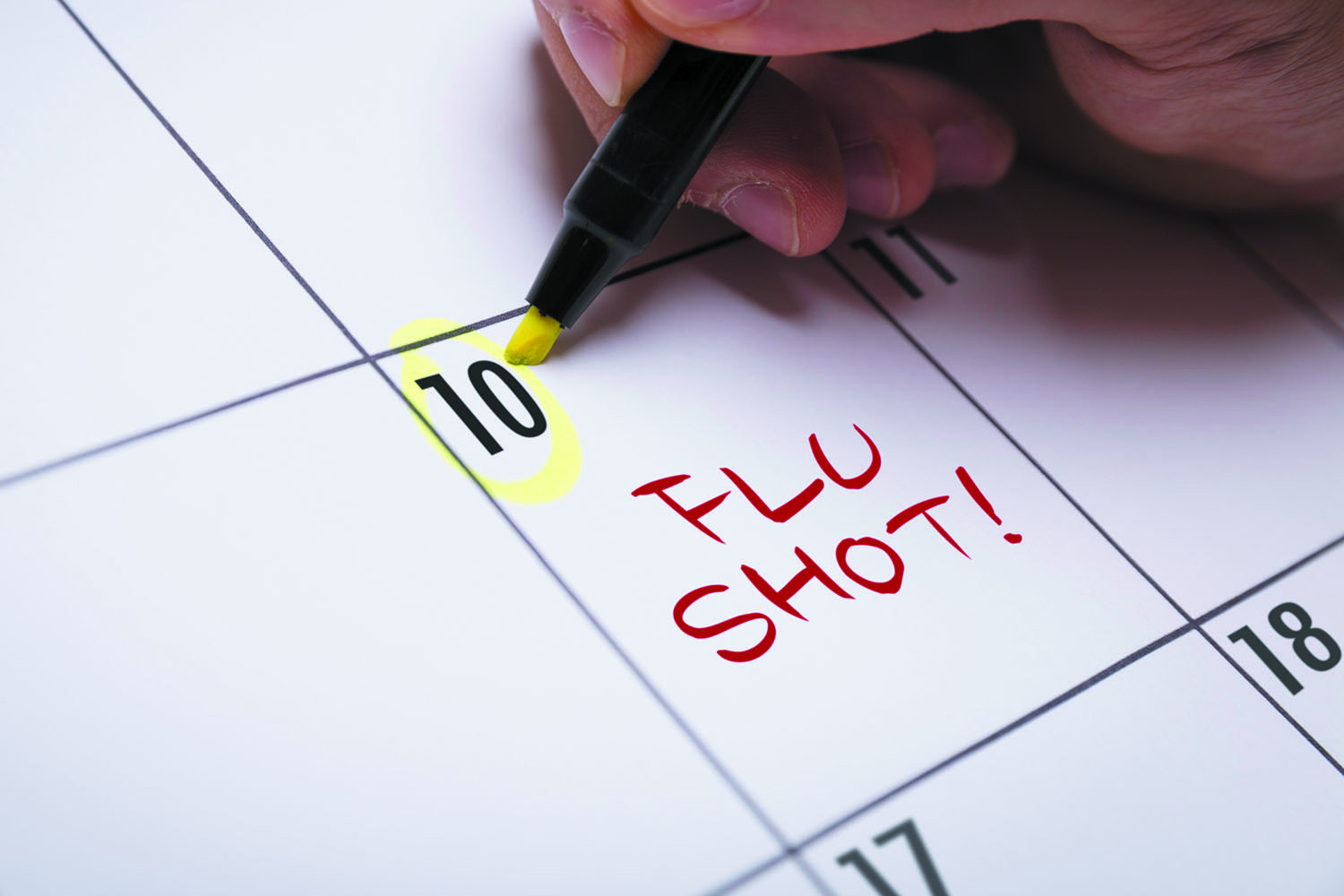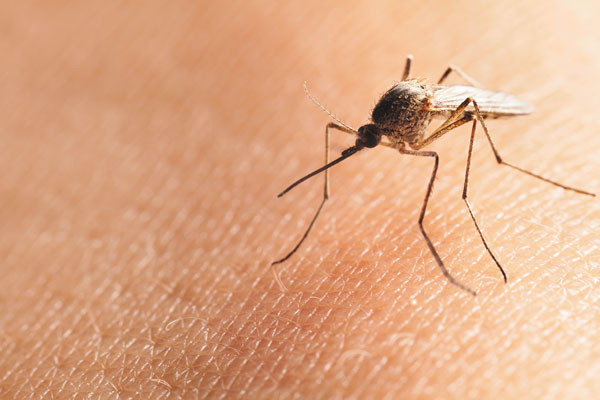
5 timeless habits for better health

What are the symptoms of prostate cancer?

Is your breakfast cereal healthy?

When pain signals an emergency: Symptoms you should never ignore

Does exercise give you energy?

Acupuncture for pain relief: How it works and what to expect

How to avoid jet lag: Tips for staying alert when you travel

Biofeedback therapy: How it works and how it can help relieve pain

Best vitamins and minerals for energy

Should you take probiotics with antibiotics?
Vaccinations Archive
Articles
Flu vaccine less effective in obese individuals
Research we're watching
Not only is obesity a risk factor for flu complications, but it might actually make the flu vaccine less effective, says a study published online June 6, 2017, by the International Journal of Obesity. Scientists at the University of North Carolina at Chapel Hill found that the flu shot provides less protection in people who are obese.
The study compared flu rates in 1,022 people during two recent flu seasons. All participants were vaccinated against the flu. The researchers looked at immune response to the vaccine and also tracked who went on to get the virus. They found that nearly 10% of obese participants got the flu, compared with 5% of their healthy-weight counterparts. This is bad news, because individuals with a body mass index of 40 or higher are also more prone to flu complications.
What’s the best time of year for a flu shot?
On call
Image: © Ildo Frazao/Thinkstock
Q. I always get an annual flu shot, but should I get it closer to the official beginning of flu season?
A. In simplest terms, the best time to get a flu shot is anytime you can. Waiting for the "perfect" time could cause you to procrastinate and miss the benefit of a yearly vaccination against the flu, which prevents 50% to 60% of the influenza infections in a typical season. But if you want to time it so it's closer to the typical flu season, October is ideal.
Is it too late to get a flu shot?
The best time to get an annual flu shot is in mid-October. However, it’s not too late to get the shot in December, since people are still at risk of getting flu for several more months.
Flu vaccine offers benefits to patients with heart failure
New research found that heart failure patients who had a flu shot had a 30% lower risk of hospitalization for cardiovascular disease, 16% lower risk of hospitalization for respiratory infections, and a 4% lower risk of hospitalization in general.
Are we prepared for epidemics?
Mosquitoes can transmit many viruses, such as, Zika, West Nile, dengue, and yellow fever.
Image: Thinkstock
Ask the Doctor
Q. Why is it that we suddenly have epidemics of things like Zika virus that we've never heard about, and that we have no treatments or vaccines for? It feels like we should be better prepared than we apparently are. This worries me more than terrorism.

5 timeless habits for better health

What are the symptoms of prostate cancer?

Is your breakfast cereal healthy?

When pain signals an emergency: Symptoms you should never ignore

Does exercise give you energy?

Acupuncture for pain relief: How it works and what to expect

How to avoid jet lag: Tips for staying alert when you travel

Biofeedback therapy: How it works and how it can help relieve pain

Best vitamins and minerals for energy

Should you take probiotics with antibiotics?
Free Healthbeat Signup
Get the latest in health news delivered to your inbox!
Sign Up










